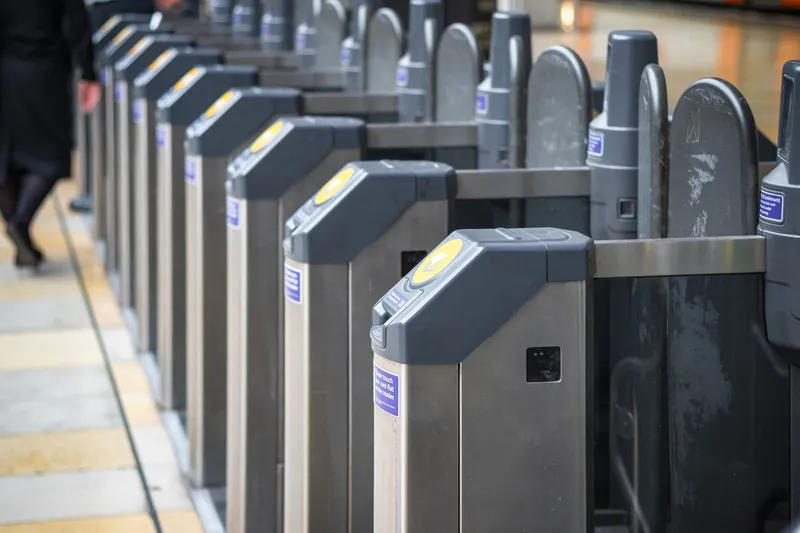Commuters in Wellington, New Zealand, will be able to pay and simply walk away from their cars as part of the new ‘pay by space’ parking trial in the city. Customers enter their parking space number at the pay machine and then can head off to work or go shopping, without the need to go back to their car to place a ticket on their dashboard.
The first stage of the trial involved embedding sensors in parking spaces in Blair and Allen streets. The sensors have provided information on usage, turnover and oc
April 14, 2015
Read time: 2 mins

Commuters in Wellington, New Zealand, will be able to pay and simply walk away from their cars as part of the new ‘pay by space’ parking trial in the city. Customers enter their parking space number at the pay machine and then can head off to work or go shopping, without the need to go back to their car to place a ticket on their dashboard.
The first stage of the trial involved embedding sensors in parking spaces in Blair and Allen streets. The sensors have provided information on usage, turnover and occupancy.
Wellington City Council is now ready to embark on the next stage of the trial, where customers use and pay for these spaces.
“Trialling pay by space parking technology is part of Council’s continued commitment to developing Wellington as a smart city and making transport choices easier”, says Mayor Celia Wade-Brown.
“Stage one of the trial confirmed that Blair and Allen streets are busy parts of town in the evening. Over 900 vehicles parked in one of these streets alone, averaging 60 minutes a park”, says, Councillor Foster, chair of the Transport and Urban Development Committee.
The trial runs until the end of June 2015 and, subject to the outcome of the trial and funding approval as part of the Long Term Plan process, parking sensors will be rolled out across Wellington in 2016.
The first stage of the trial involved embedding sensors in parking spaces in Blair and Allen streets. The sensors have provided information on usage, turnover and occupancy.
Wellington City Council is now ready to embark on the next stage of the trial, where customers use and pay for these spaces.
“Trialling pay by space parking technology is part of Council’s continued commitment to developing Wellington as a smart city and making transport choices easier”, says Mayor Celia Wade-Brown.
“Stage one of the trial confirmed that Blair and Allen streets are busy parts of town in the evening. Over 900 vehicles parked in one of these streets alone, averaging 60 minutes a park”, says, Councillor Foster, chair of the Transport and Urban Development Committee.
The trial runs until the end of June 2015 and, subject to the outcome of the trial and funding approval as part of the Long Term Plan process, parking sensors will be rolled out across Wellington in 2016.








